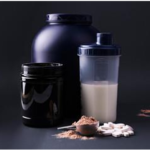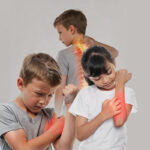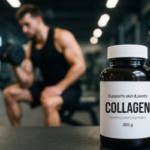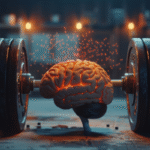Alzheimer’s disease is the most common form of dementia, accounting for 60-70% of cases worldwide. The World Health Organization (WHO) estimates more than 57 million people (about twice the population of Texas) currently living with dementia, with nearly 10 million new cases added every year. If no effective preventive strategies are adopted, this number will triple by 2050.
They say that “good news” is that research shows physical exercise and mental stimulation are key players in protecting brain health and in delaying or even preventing the onset of Alzheimer’s symptoms.
Why Movement and Mental Challenge Matter
Some ways in which exercise can help the brain:
- Stimulates the release of growth factors such as BDNF (Brain-Derived Neurotrophic Factor).
- Aiding the production of new neurons (neurogenesis) in the hippocampus-the brain’s memory center.
- Preserving or increasing hippocampal volume, which is associated with greater memory and a decreased risk of deterioration.
Mental activity protects through:
- Building cognitive reserve; that is, the brain’s retreat or compensation for damages before symptoms manifest.
- Strengthening neural networks through learning, solving problems, and creativity.
- In making the brain more adaptive and resilient to onset of dementia.
Strong Research Evidence
The FINGER Trial (2015): - A two-year randomized controlled trial with more than 1,200 elderly individuals at risk of dementia.
- The group that exercised, ate well, underwent cognitive training, and had their vascular health monitored exhibited markedly slowed cognitive decline as compared to those who were given standard health advice.
Activity Level Versus Risk Reduction:
- According to 2025 findings by activity tracker devices, about 35–70 minutes of moderate-to-vigorous activity weekly could reduce the chances of dementia by about 60%.
- The greater the level of activity, the greater the protection. Population-Level Estimates:
- According to the Lancet Commission on Dementia Prevention, modifiable risks such as inactivity and low education can delay or prevent 40-45% of cases of dementia worldwide.
Practical Research-Backed Recommendations
The science behind helping you act is:
Physical Activity
- Aerobic Exercises: Go for a brisk walk, swim, or bike. Thirty-five to 70 minutes per week may suffice.
- Strength Training: Resistance exercises or weight-bearing exercises at the gym should be done two times a week to maintain vascular and metabolic health.
- Good Consistency Is an Asset: The greatest benefit comes from a lifetime of being active.Cognitive Stimulation
- Acquire a new skill: Be it a language, an instrument, or some other hobby, all serve to build cognitive reserve.
- Give your brain a workout: Solve puzzles and crosswords or try brain-trainer software.
- Stay curious: Lifelong learning and professional development offer protection.
Social & Lifestyle Factors
- Maintain social interaction: Join some classes, book clubs, or volunteering activities.
- Control vascular risk: Treat hypertension, high cholesterol, and diabetes.
- Combine approaches: Evidence suggests multidomain interventions (exercise + diet +mental + vascular care) are the best.Key Takeaways
- Alzheimer’s can’t be entirely prevented; however, lifestyle greatly tilts the odds.
- Exercise modifies brain structure and chemistry, and mental stimulation builds functional resilience.
- Working conjointly-they reduce risk, slow decline, and improve quality of life.
- Policy interventions that encourage activity, education, and social engagement may alleviate the future onward burden of dementia worldwide.
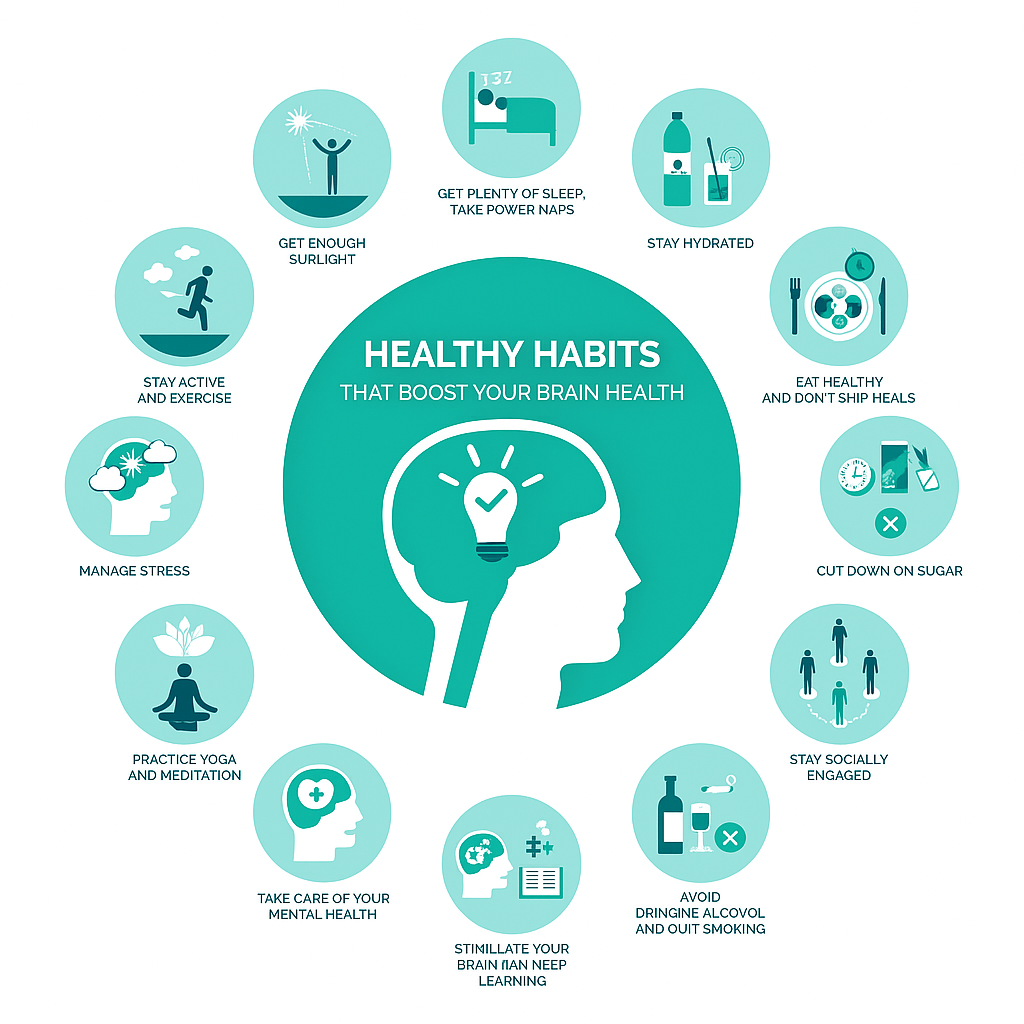
Image credit: Alamy
Exercise and mental stimulation still remain among the most powerful, inexpensive, and accessible tools that promote brain health-they’re still far from having the cure for Alzheimer’s. A daily walk, learning a new skill, or keeping the mind active through social engagements-any steps and “mental exercise” aid in offering the brain a fighting chance against cognitive decline.
Building a Brighter Future for Brain Health
Against the unbreakable and endless fight of Alzheimer’s disease, where each step matters for prevention and care, vital among those are physical movements and an active brain. As this is continued to be massively proven, entities such as Zeon Lifesciences have taken the road to novel ways to help in this pursuit.
Zeon Lifesciences aims at developing, researching, and marketing for improving the quality of life for persons at risk of or actually living with Alzheimer’s. Among its more promising therapeutic agents and patented formulations is Neuro BDH, a memory support tablet specially formulated for nourishment and protection of the nervous system, with emphasis on memory and mental clarity of the aged.
It includes Bacopa monnieri , Hippophae rhamnoides, Dioscorea bulbifera. This product is designed to support cognitive function and, on the other hand, to maintain brain health in individuals with risk factors such as obesity, diabetes, depression, or sleep disorders.
Notably, Neuro BDH stands out as a small molecule therapy with evidence from animal models showing improved cognitive function. This innovative approach, protected by patents across major global markets, offers hope for both delaying progression and enhancing daily mental clarity and stamina.
As the fight against Alzheimer’s continues, collective efforts—embracing prevention through lifestyle and leveraging emerging biomedical advances—hold the key to improving life for millions. Zeon Lifesciences Ltd.’s commitment, paired with daily habits of exercise and mental engagement, charts a powerful path forward in defending against Alzheimer’s and nurturing lifelong brain health
References:
Ngandu, T., et al. (2015). A 2-year multidomain intervention of diet, exercise, cognitive training, and vascular risk monitoring to prevent cognitive decline in at-risk elderly people (FINGER): a randomized controlled trial. The Lancet, 385(9984), 2255-2263. The Lancet
Livingston, G., et al. (2024). Dementia prevention, intervention, and care: 2024 report of the Lancet standing Commission. The Lancet, 399(10322), 102-115. The Lancet
Cornelius, G., et al. (2025). Wearable Technology, Smart Home Systems, and Mobile Applications for Remote Monitoring of Cognitive Health in Older Adults: A Systematic Review. Journal of Medical Internet Research, 27(1), e12394386. PMC
Bransby, L., et al. (2024). How Modifiable Are Modifiable Dementia Risk Factors? A Framework for Research Studies. ScienceDirect. ScienceDirect
Alzheimer’s Disease International. (2024). Lancet Commission identifies two new risk factors for dementia and suggests 45% of cases could be delayed or reduced. Alzheimer’s Disease International
Stuart, A. (2024, December 3). Brain exercises and dementia. WebMD. https://www.webmd.com/alzheimers/preventing-dementia-brain-exercises
“Good Health for All”
Zeon is serving with over three decades of experience in the industry, we are working meticulously to bring knowledge of nature with innovation and advanced technology in the form of unique combinations to our consumers. Our in-house formulae and manufactured products are for all age groups in various SKUs such as Powders, Diskettes, Tablets, Capsules, Oral liquids, Caplets, Sprays, Drops, Herbal Juices, etc.
WHY CHOOSE ZEON?
State-of-the-art manufacturing facility in Himachal Pradesh spread over 28000 sq yds 4 manufacturing units under integrated complex Serving quality products since 1987
GMP certified facility
NSF Registered
DSIR- recognized R&D Lab
NABL Accredited Quality testing
USFDA Registered
Great place to work certified
Food safety award from CII
1200+ formulations
800+ Active SKUs
30+ Recognitions
15+ Accreditations
Exclusive diskette manufacturing facility
Exclusive spray drying and dry blended powders manufacturing facility



